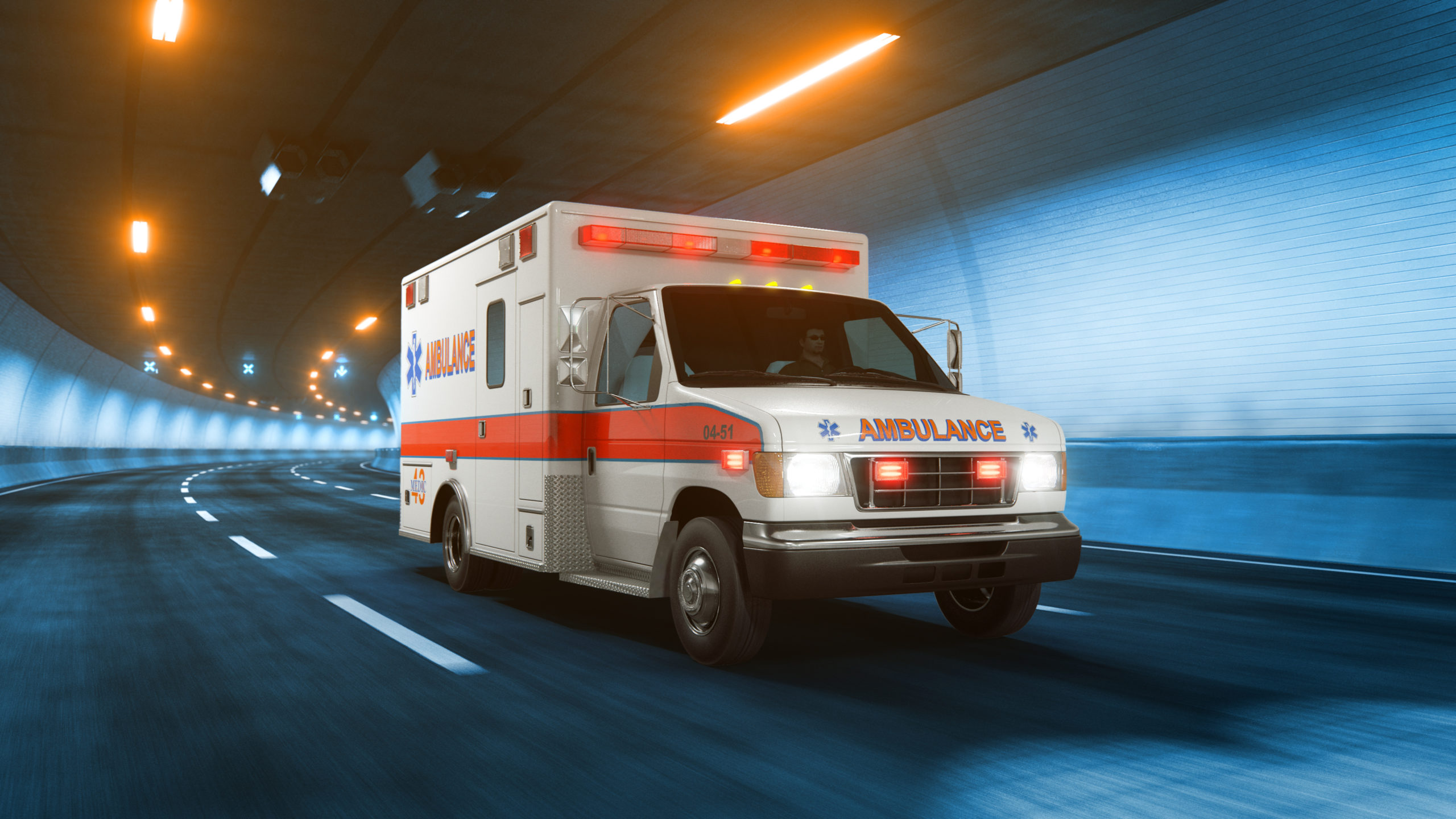Ambulance Services (Pre-Hospital Emergency Care)

Pre-Hospital Emergency Care Workers are the first responders at the scene of an accident. They answer emergency calls and transport people to hospital. They may also need to treat people at the scene of the accident. The layman’s term is ambulance driver. However the job is much more than simply driving the vehicle. Workers have extensive training in emergency medical treatment and first aid. They also need to be able to work under pressure.
There are three types of professional employed in the pre-hospital emergency care sector:
- Emergency Medical Technician (EMT)
- Paramedic (P)
- Advanced Paramedic (AP)
The Pre-Hospital Emergency Care Council (PHECC) governs the education, training and qualification of each role.
Education
An EMT provides basic life support. This is the minimum professional level needed to provide care and transport of an ill or injured patient. An EMT course at a PHECC-Recognised Training Institution consists of four weeks theory as well as one-week clinical practice and assessment.
Paramedics are the ones who provide intermediate life support. This is the minimum professional level to provide care and transport of an ill or injured patient. Paramedics respond to patients using 999/112 for emergency medical assistance.
Paramedics courses are longer than that of an EMT. They do 28 weeks of theory, as well as supervised clinical practice on emergency ambulance vehicles and healthcare service placements. They also do as a one-year internship.
Advanced Paramedics (AP) are those who provide advanced life support. They are registered practitioners with at least three years’ experience as a paramedic. AP education and training prepares graduates for roles as clinical leaders and expert practitioners in pre-hospital emergency care.
The Work
Pre-hospital emergency care is a very rewarding career path that is both fulfilling and challenging. EMTs and paramedics work for the National Ambulance Service and Dublin Fire Brigade, as well as fire, rescue and auxiliary services. In addition, they work for voluntary or private ambulance services. Practitioners deal with routine, urgent and emergency calls. They may also transfer patients between hospitals.
Did you know?
Contrary to the myth, if a snake bites you or a friend you should not suck out the poison. Instead you should seek medical attention immediately!


Leave a comment